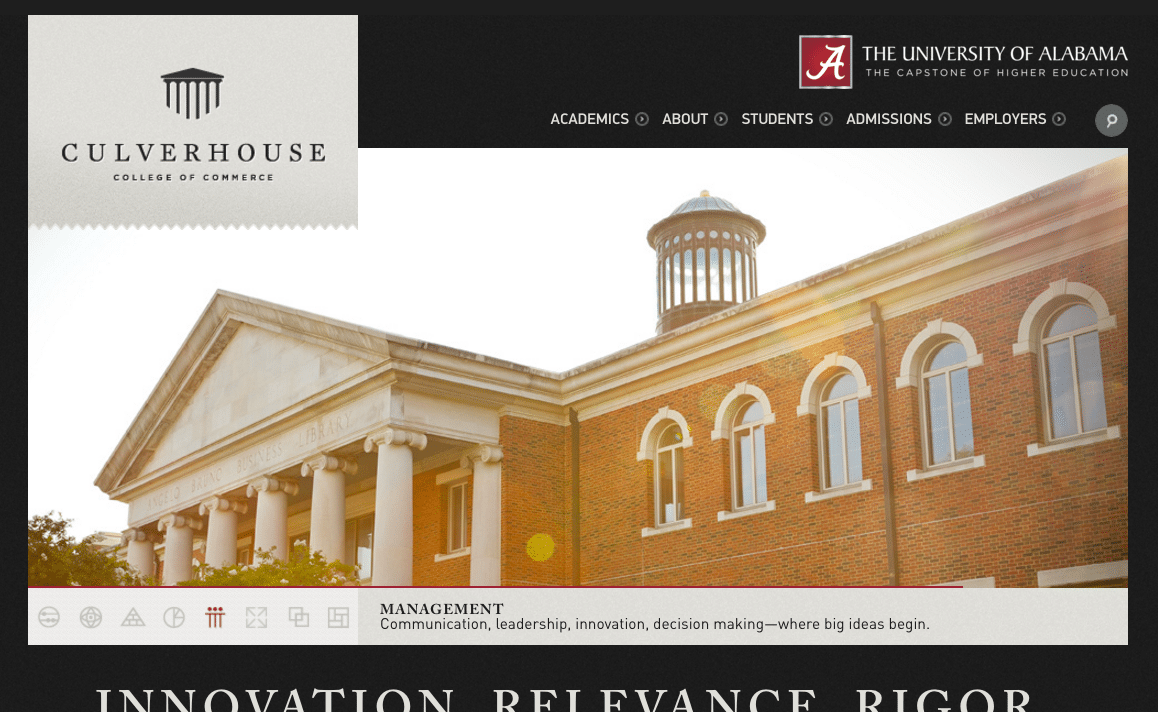Are University Websites Academic?
Introduction
University websites have evolved into an essential component of the academic landscape, acting as digital platforms that provide a variety of information about institutions, their programs, research, and resources. These websites serve an important function in connecting universities with students, teachers, researchers, and the general public. The question remains, however: Are university websites truly intellectual in nature? We will look at the academic features of university websites and how they contribute to the educational ecosystem in this post.

1. Information Dissemination
University websites serve as significant information archives, making them indispensable for academic purposes. They include detailed information about academic programs, admission standards, faculty profiles, and research activities. Prospective students can gain vital information from these websites in order to make informed judgments about their educational endeavors. Furthermore, university websites frequently serve as centralized venues for disseminating significant announcements, news, and events, keeping students and staff informed of the most recent changes in the academic community.
2. Research and Publications
2.1 Faculty Research Profiles
University websites usually have specialized sections emphasizing faculty members’ research pursuits. These profiles contain information about particular academics’ intellectual accomplishments, publications, and areas of expertise. Such information is critical for forming collaborations, encouraging multidisciplinary research, and demonstrating the university’s intellectual prowess. University websites also provide connections to faculty publications, allowing interested parties to read and engage with the institution’s cutting-edge research.
2.2 Institutional Research Centers
Many universities have specialized research centers and institutions that develop knowledge in specific subjects. These centers frequently have dedicated sections or microsites on university websites that provide information about active research initiatives, collaborations, and publications. These platforms promote intellectual interchange and serve as essential tools for researchers looking to explore collaborative opportunities or learn about the most recent breakthroughs in their fields.
3. Academic Resources
3.1 Course Catalogs and Syllabi
University websites often provide extensive course catalogs and syllabi, allowing students to explore the variety of disciplines available as well as comprehend the structure and content of individual courses. These resources aid in academic preparation and assist students in making educated selections while choosing courses each semester. Syllabi that are detailed give important information such as course objectives, mandatory readings, assignments, and evaluation criteria, allowing for a transparent learning environment. https://livein.solutions/
3.2 Library and Digital Archives
Academic institutions frequently have large libraries with broad collections of both physical and digital resources. University websites provide as gateways to these libraries, providing students and staff with access to a plethora of scholarly information. Online databases, e-journals, and digital archives maintained on university websites make it easy for researchers to perform literature reviews, access original sources, and stay up to date on the newest academic publications.

4. Collaboration and Networking
4.1 Faculty and Student Profiles
Profiles of both academics and students are regularly featured on university websites, allowing individuals to communicate, collaborate, and establish academic partnerships. These profiles frequently include contact information, research interests, and academic accomplishments, allowing for networking opportunities both within and outside of the university. Students can connect with classmates who have similar interests, and researchers can find possible colleagues for multidisciplinary initiatives.
4.2 Online Discussion Forums and Blogs
Some university websites include online discussion forums or blogs, which serve as platforms for intellectual exchange and scholarly discussion. These interactive forums enable students, teachers, and members of the larger academic community to engage in debates, share insights, and solicit comments on their research or coursework. Such forums build a sense of intellectual community and facilitate the free exchange of ideas, thereby improving the academic experience of all participants. For website designer toowoomba see here.
Conclusion
Finally, university websites are indisputably academic in character, functioning as dynamic platforms for disseminating information, showcasing research, providing academic resources, and encouraging cooperation. These websites play an important role in linking individuals within the academic ecosystem, facilitating knowledge sharing, and promoting intellectual progress. University websites will definitely evolve as technology advances, adjusting to the changing needs of the academic community and enriching the academic experience for students, teachers, and researchers alike.





